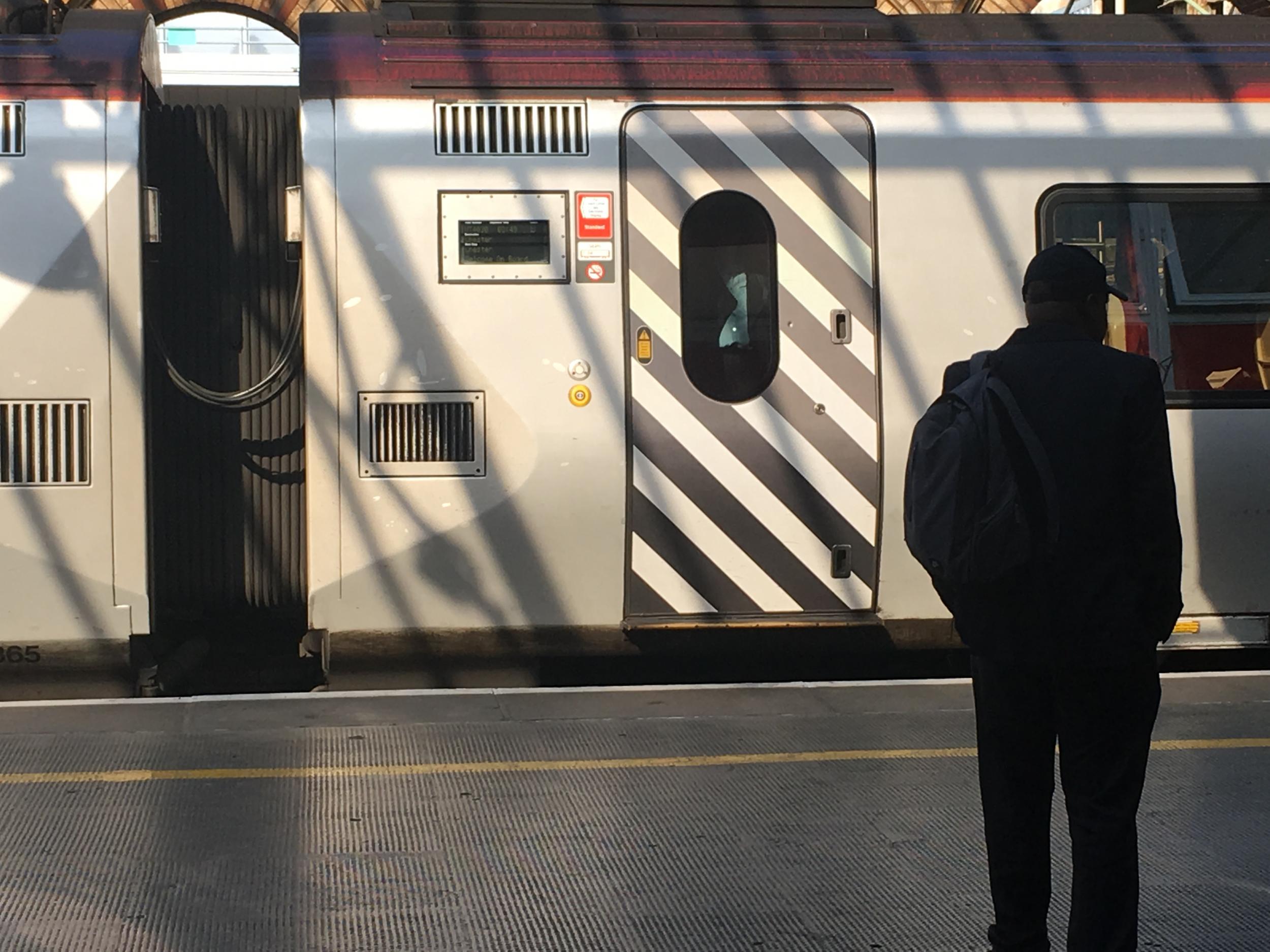Public transport providers must do more to help those with mental health issues, says new report
New study reveals how people with mental illness feel excluded from public transport

“It takes me a long time, often days, to prepare myself to use public transport,” says one young woman with a mental health condition.
“Often the day I need to go, I get sick in the morning.”
Hers is one of many examples of the trauma that travelling by train and bus can involve for people battling mental illness, as outlined in a new report.
Professor Roger Mackett of the Centre for Transport Studies at University College London conducted an online survey of nearly 400 people with mental health conditions.
His conclusion: the transport industry and other passengers must show much more understanding of the needs of anxious travellers.
“The report looks at both the difficulties they have when travelling and some ways in which these can be addressed,” said Professor Mackett.
Nine out of 10 of the 385 survey respondents suffer anxiety issues. Seven out of 10 experience panic attacks. Two thirds have depression.
Over one-third are frequently unable to leave home because of their mental health – and this happens to nearly all of them some of the time.
The study says: “The main cause of anxiety when travelling is the attitudes and behaviour of other people, particularly ‘What other people think about me’.”
A woman in her thirties explained the distress she feels: “I’m constantly afraid of being laughed at or humiliated by people in public.
“In my area, people who most often use public transport are teenage school children who are more likely to say or do something cruel.”
A women in her forties said disruption caused particular problems: “High anxiety levels from transport running late and missed connections feed into higher anxiety, which became visually obvious to others, which you can see happening and feeds anxiety more.
“No one has ever asked me if I’m OK or can they help. All this increases the anxiety, which by that point is a full-blown panic attack.
“I have to get off at the next stop, which is problematic if I don’t know where it is or if I can get from there to where I’m going.”
Some respondents called for public education to make other travellers more aware of the effects of mental health problems and appreciate that behaviour is not due to alcohol or drugs.
Professor Mackett said: “Members of the public need to understand how they can be empathetic and provide appropriate support and how their actions can have an adverse effect on people with mental health conditions, for example by pushing in crowds.”
Shockingly, some fellow passengers exploit the anxiety of travellers with mental health conditions. Another woman in her forties said she has on occasion offered people money to give up their seat for her. “Last time it cost me £30,” she told researchers.
The report reveals some serious challenges for the rail industry about how to make travelling easier for people with mental health conditions.

Nearly two-thirds of the respondents said they cannot buy rail tickets in advance because they do not know how they will feel on the day of travel. Therefore they miss out on the cheapest fares.
For older travellers, the proportion who are unable to commit is much higher: nine out of 10.
Professor Mackett says: “Train operating companies should enable people who are unable to buy rail tickets in advance because of their mental health condition to be able to purchase tickets on the day at the advance price or postpone their journey to another day.”
Dominic Lund-Conlon, head of accessibility and inclusion at the Rail Delivery Group which represents the rail industry, said: “We want everyone to be able to use the railway with confidence.
“Alongside our upcoming passenger assist app, we are supporting train operators to create safe and welcoming environments in stations.
“The industry is also providing staff with mental health training and train companies are improving services to tackle situations that may cause anxiety for customers.”
A DfT spokesperson said: “We want our transport network to be accessible for everyone, and are working closely with operators to ensure services are designed and run in a genuinely inclusive way.
“That includes a new campaign to ensure more people are aware of the barriers faced by those with disabilities, expanding the blue badge scheme to people with non-physical disabilities and introducing audio and visual travel information on buses, ensuring more passengers can travel with confidence.”
Join our commenting forum
Join thought-provoking conversations, follow other Independent readers and see their replies
Comments
Bookmark popover
Removed from bookmarks